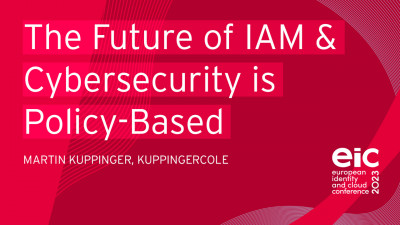1 Introduction / Executive Summary
This whitepaper highlights the challenges and trends in mitigating Identity and Access Management (IAM) delivery bottlenecks by exploring different delivery models. There is a widespread shortage of cybersecurity and IAM experts globally, making it difficult for organizations to find dedicated IAM team members with the right knowledge and experience while adhering to budget constraints. The demand for skilled talent is evident during IAM ecosystem implementation, overhauls, and ongoing maintenance.
Organizations seek to minimize recruitment and onboarding costs while fostering collaboration with external partners to avoid frequent contractual revisions. However, they also prioritize maintaining control and focus over their IAM deliveries.
Four major challenges faced by organizations in IAM are identified: Recruitment time and budget overhead, lack of transparency and prioritization leading to financial loss, inability to keep up with changing industry dynamics, and uncertainty in decision making. To address these challenges, three common IAM delivery approaches are discussed: home-grown talent, managed services, and managed capacity. Each approach offers unique benefits and risks in terms of the four expectations: Talent availability, organization-specific knowledge, IAM knowledge, and scaling flexibility.
Home-grown talent focuses on a dedicated IAM team but faces recruitment challenges and may lack updated industry knowledge. Managed services and managed capacity provide expertise but may have limited scaling flexibility and knowledge of organization-specific needs. Risk distribution varies depending on whether the responsibility is delegated to the organization or an MSP (Managed Service Provider).
This paper demonstrates how MSPs can offer substantial advantages in addressing existing organizational challenges by outsourcing IAM operations. However, it is essential to recognize that while certain issues may be resolved through MSP involvement, new challenges could emerge because of adding MSPs to the equation.











































